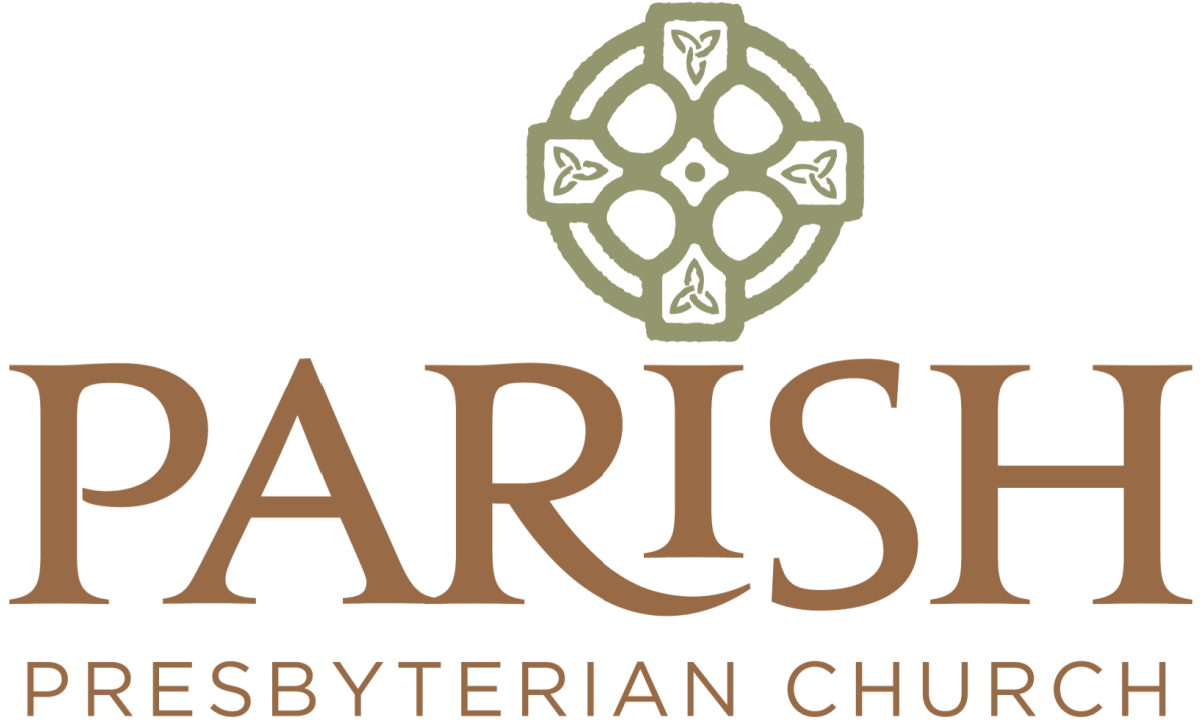This morning’s sermon text from Psalm 6 is a cry of desperation, an escalation of the prayers for relief and salvation David has prayed in Psalms 3-5. The psalmist is brought to the end of himself, terrified of God’s anger (vs. 1) and weeping over his own weakness (vs. 2, 6-7)—though he concludes with the assurance that the Lord accepts his prayer (vs. 9) and that his foes will be defeated (vs. 10). The psalms and hymns that we sing throughout the service follow this same pattern. We open by acknowledging God’s power and might (O Worship The King) and His wrath against the wicked (In Judah The Almighty’s Known—Psalm 76). We acknowledge our own crimes with tears (Alas, And Did My Savior Bleed) and confess that we were “born in sin” (God Be Merciful To Me—Psalm 51). We call to Him in the midst of affliction (O Thou In Whose Presence). We take up the psalmist’s hopeful note as we come to the table, trusting that the Lord will hear our cries, hold us up when we stumble, and wash our foulness away (Precious Lord, Take My Hand; Rock Of Ages, Cleft For Me). The service concludes by singing the psalm that was just preached, as we’ve been doing throughout this sermon series. We go out with the assurance that, just as the Lord heard David’s prayer, He hears ours. He comes, and the shadows flee. —Henry C. Haffner

